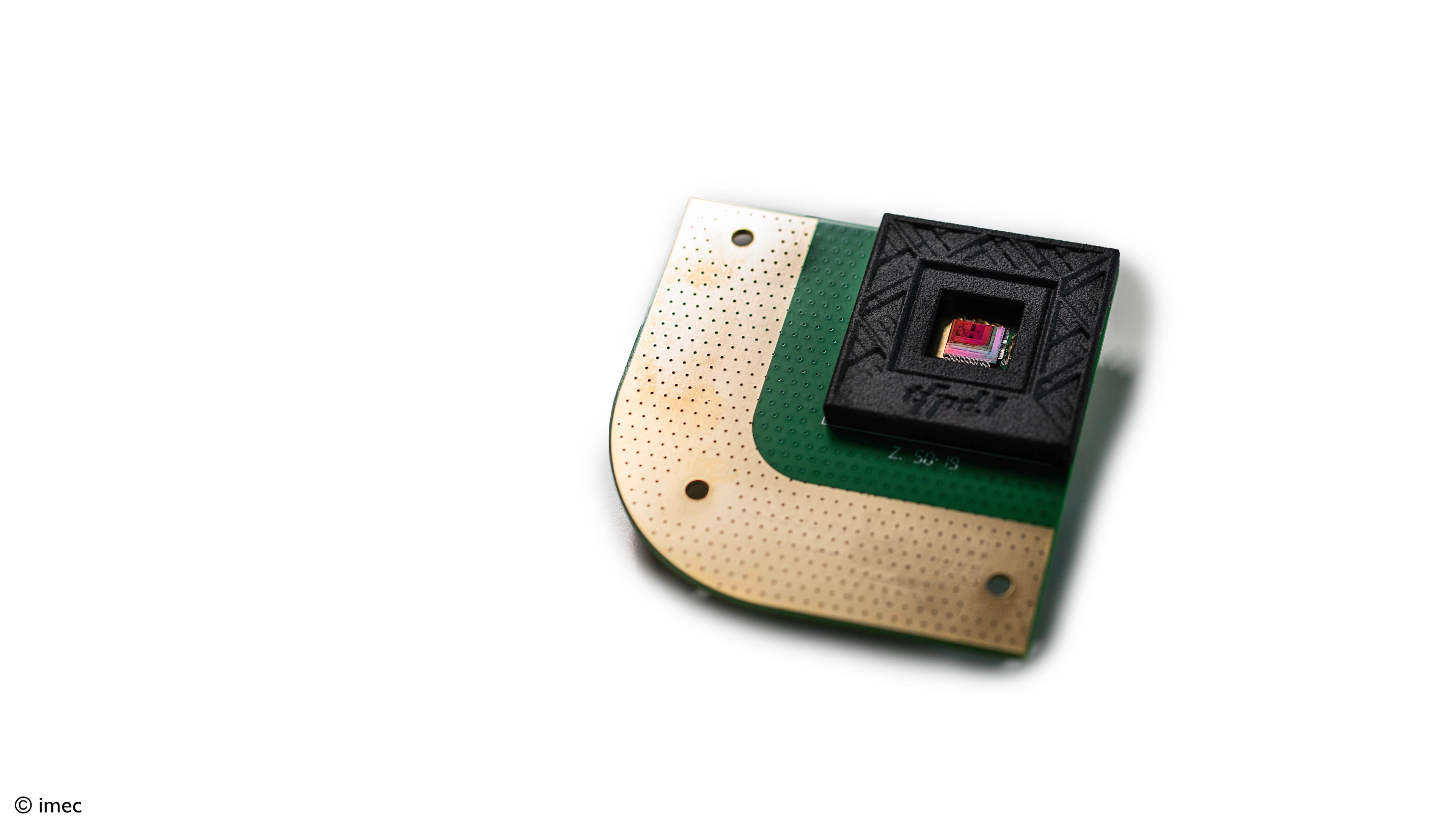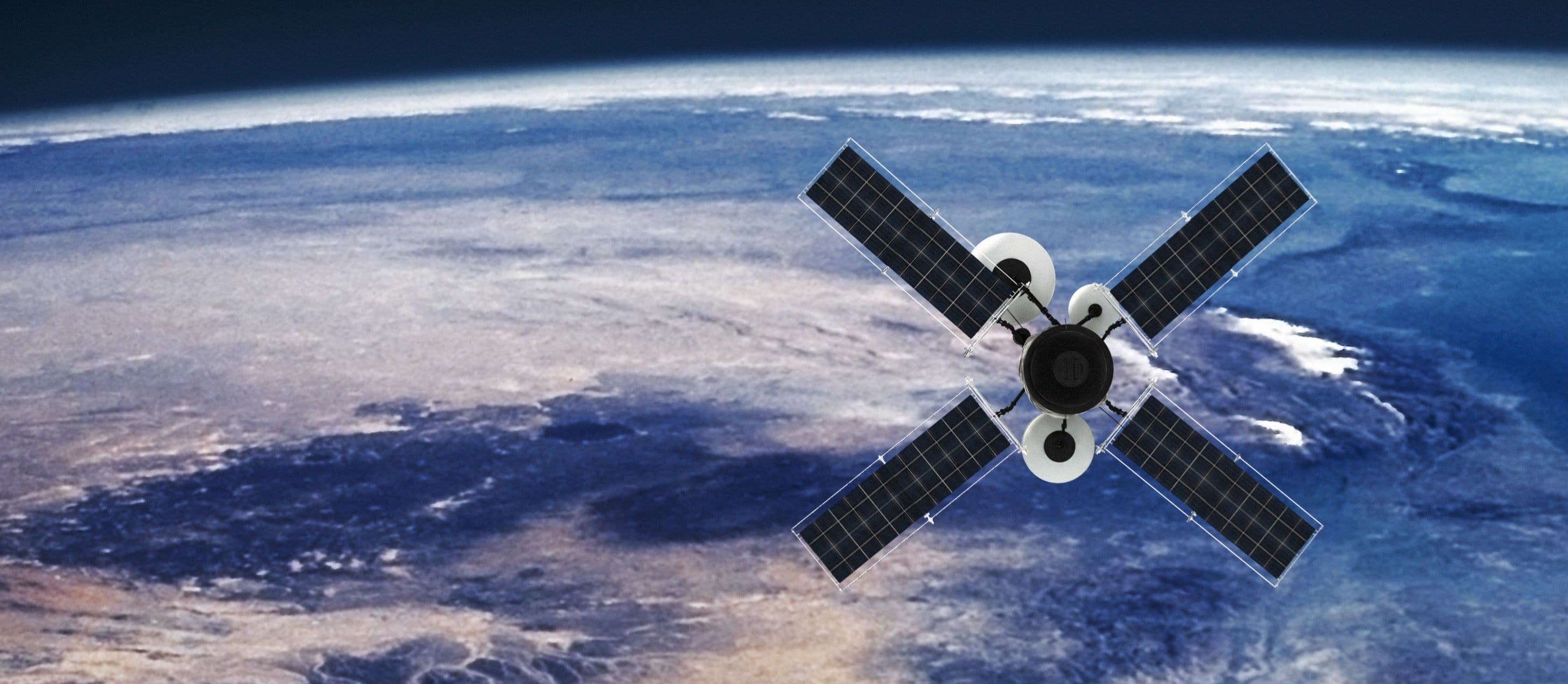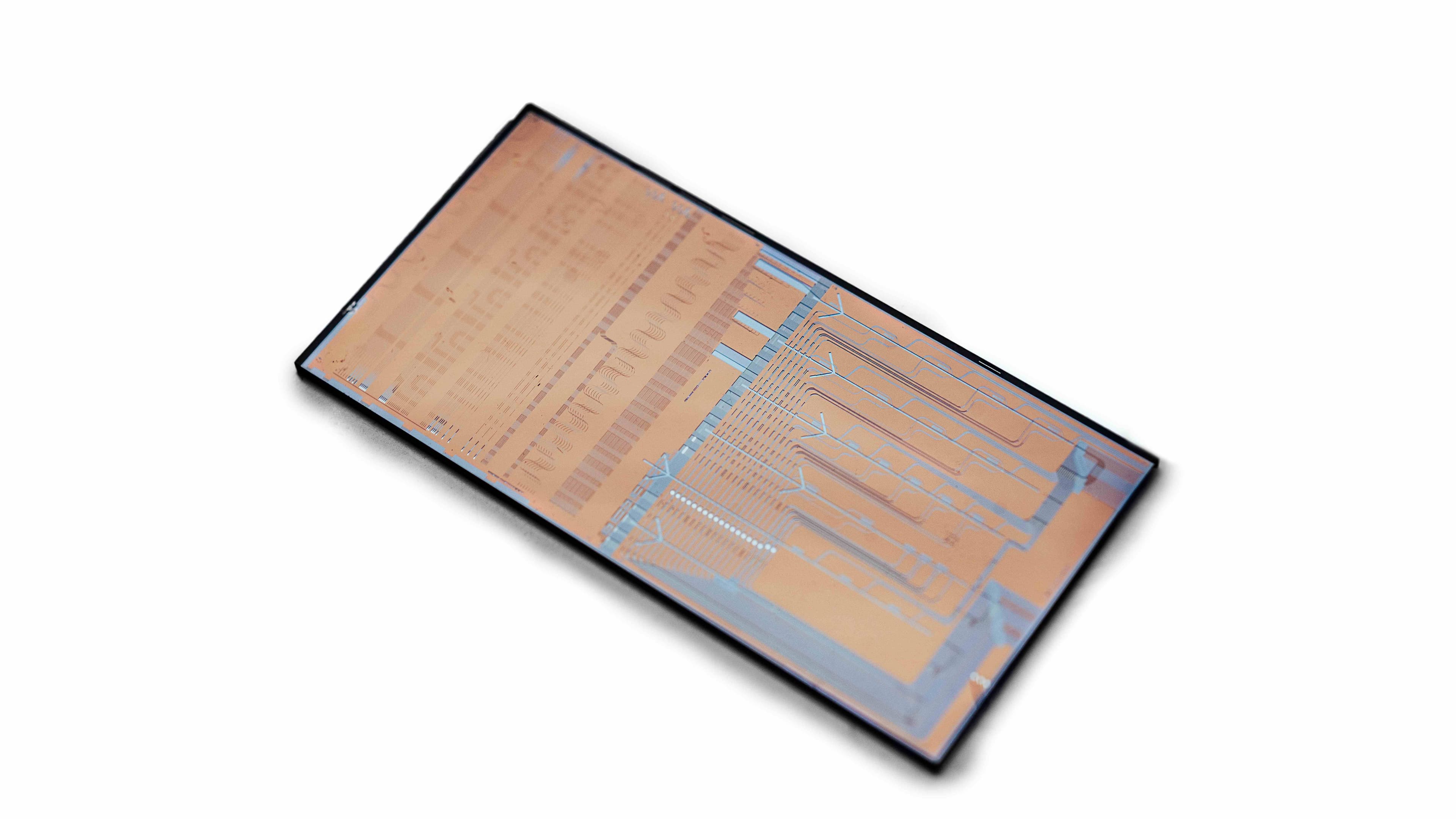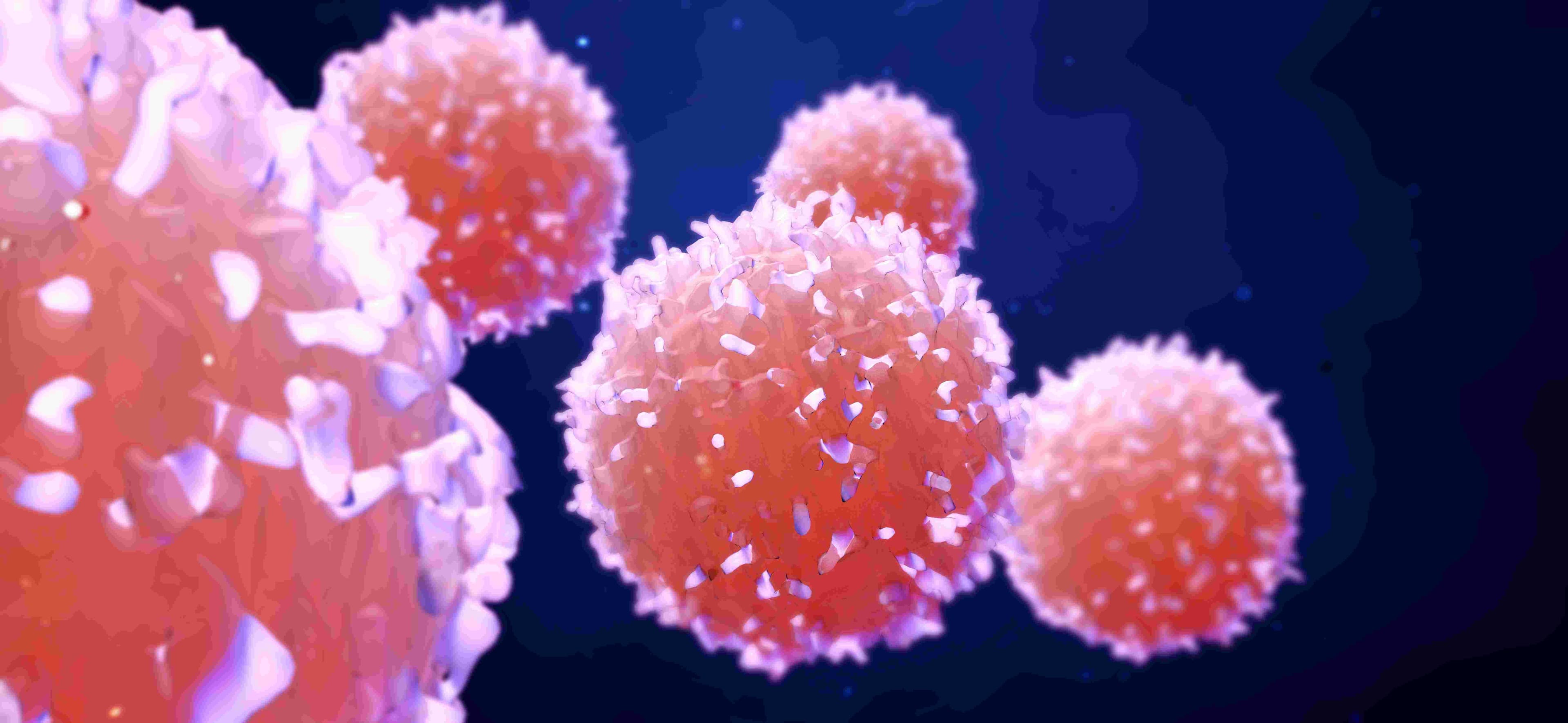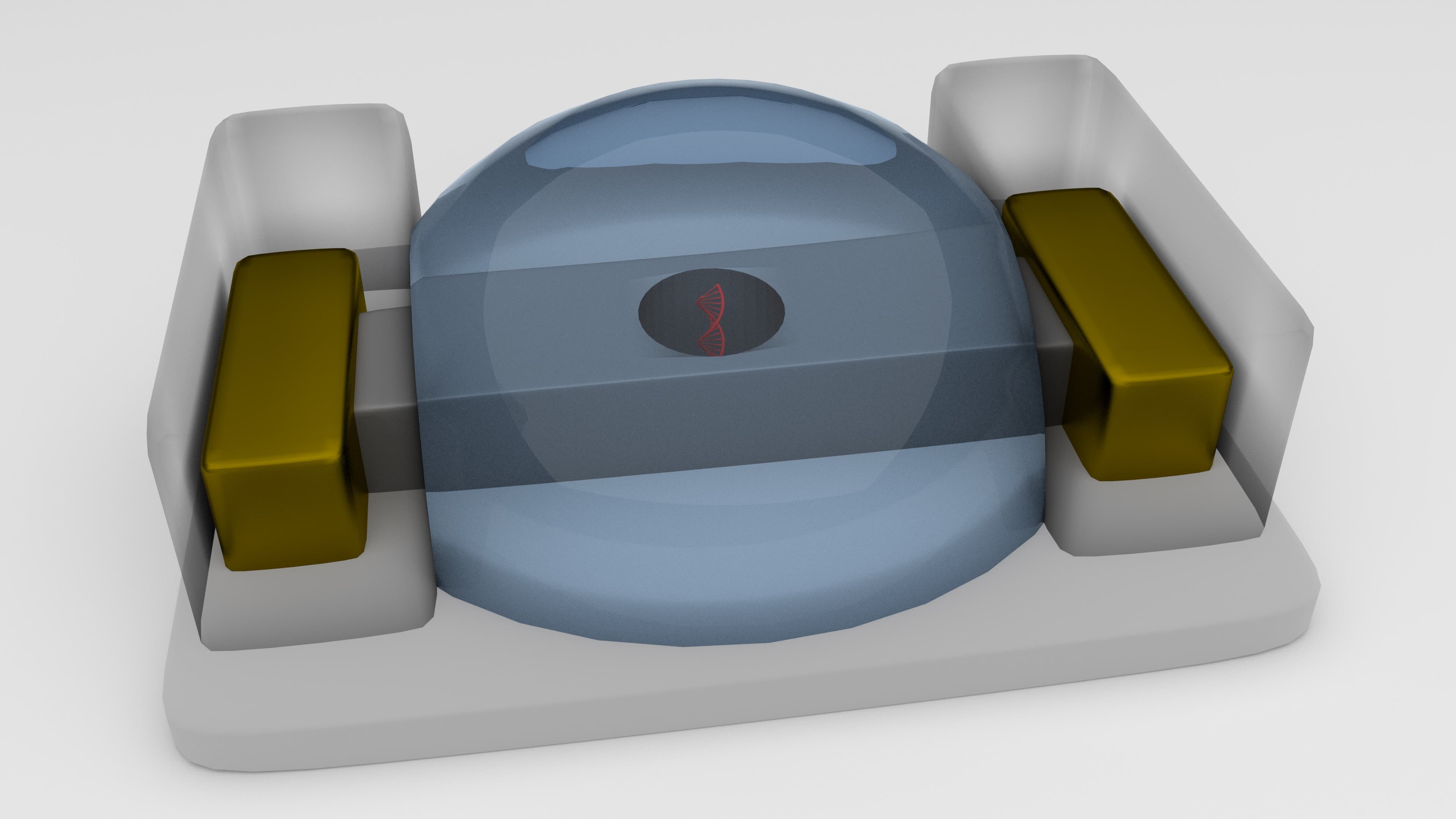Frontiers are defined by the reach of a dream, a goal, and by the resources, capabilities, and challenges of a pursuit. Human space exploration is undergoing for the third time a leap to further human’s reach into the universe. Stepping on the Moon fifty years ago, sustaining presence in low-Earth orbit for decades, is now ensued by a renewed interest in deep space, for which re-establishing presence on the Moon surface and cis-lunar orbit will be the stepping stone for humans to venture onto farther destinations like Mars.
To ensure that men and women can endure the rigors of long duration space travel and colonization of planets, it is paramount that we develop a reliable medical support system which is portable and allows increasingly a more autonomous and personalized practice of medicine, where medical decision making will rely less on ground support from Earth. This includes medical devices, pharmaceuticals and diagnostics. Materials to be deployed to space must be of minimal volume, mass and must need minimum power to operate. Nano-electronics will be key in providing solutions to this challenge, since miniaturized core components are a limiting factor in the size of hardware overall.
Imec is a world-leading research and innovation hub in nanoelectronics and digital technologies. Imec USA, based in Kissimmee, Florida, has stepped onto this challenge with its recently research and development Space Health group.
In October 2019, imec USA received NASA funding to test a technology for monitoring astronauts’ health status under zero gravity conditions using a first-of-its-kind disposable diagnostic device developed by imec’s spin-off, miDiagnostics. Imec will design test parameters and perform experiments in different gravity scenarios using one of miDiagnostics’ devices built around a silicon-based nanofluidic processor that performs a series of blood sample manipulations yielding a cell blood count with fast turnaround time. miDiagnostics is developing a new generation of disposable tests that require only drops of blood and allow detection of cells, proteins, nucleic acids, and/or small molecules. Its core technology is a novel silicon-based nanofluidic processor that automatically processes the blood sample without the need of pumps or valves. There is no need for complex and costly instrumentation enabling medical decisions to be taken at the point of need or remote areas. This type of near-patient diagnostic platform, based on a nanofluidic processor embedded in a single-use, low-cost, test card, is the kind of devices that are sought for deployment in remote locations on Earth, to improve health in austere environments. This driving force to develop portable diagnostics for Earth is what enables applications in other extreme environments like space and planetary surfaces. Reciprocally, it is not uncommon that solutions brought about specifically for space environments lead to technologies of ample applications on Earth, benefitting global health.
This device, whose core is based on a nanofluidic processor, should function in gravity-independent environments, as it relies solely on capillary forces. Imec will test the device in parabolic flight, which offers different gravitational loads in a succession of ascending and descending flight parabolas. This specific environment will allow the demonstration of the functionality of the nanofluidic system and its independence from gravity—from sample capture at the inlet port to its migration within the nanofluidic channel network.
This technology demonstration, facilitated by the Flight Opportunities program, aims to address NASA’s need for technologies that support human exploration and further commercial activity both in Earth orbit and in cislunar space and beyond. In a time when the infrastructure for the space industry for the upcoming decades is being created, nanoelectronics is set to expand its role with more options and solutions for applications ranging from engineering to medicine.
Space exploration is experiencing a new impulse by private and public initiatives. For our further exploration of the universe, nanoelectronics are instrumental, for example for the development of suitable healthcare solutions. Supported by NASA funding, imec carries out tests with miniaturized diagnostic devices. The insights will be important not only for space, but also for applications on earth.

Dr. Veerle Reumers is R&D manager in the imec Florida office, initiating new collaborations and research projects in imaging and space health. She obtained her Master’s and Ph.D. degree in biomedical sciences from the University of Leuven and performed her postdoc on molecular imaging techniques in neurosciences at Harvard Medical School. At imec, she explored different applications in cell biology with a main focus on lens-free imaging and multi-electrode array electrophysiology. As R&D team leader she was leading public-funded academic collaborations and industry-driven bilateral projects.

Dr. Susana Zanello has a biology background and more than 20 years of experience in biomedical research. Half of her career she supported relevant human spaceflight research at Johnson Space Center in Houston and continues conducting NASA-funded research addressing human health risks in space exploration. Dr Zanello joined imec USA as R&D Manager for Space Health in 2019.
Published on:
30 January 2020



